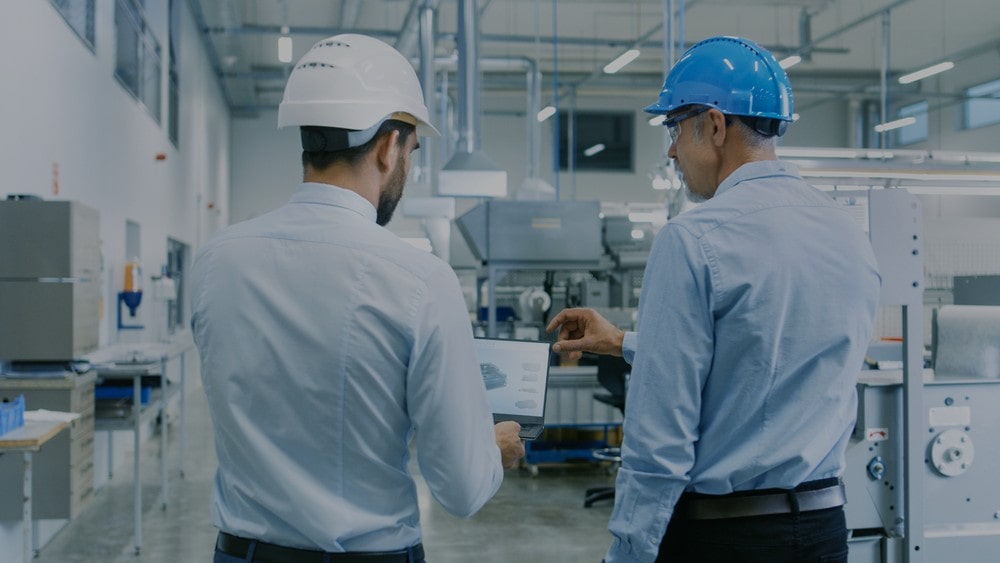

Originally published on fastradius.com on September 29, 2021.
You may have heard a lot of buzz about distributed or decentralized manufacturing lately, but what exactly is it? With a traditional manufacturing model, manufacturers produce large batches of products at a single facility before distributing them or storing them in warehouses. With a distributed manufacturing model, manufacturers instead spread out production across several facilities, enabling them to produce products closer to their customers.
Flexible and scalable, distributed manufacturing uses a network of geographically dispersed manufacturing facilities that are linked by distributed manufacturing software to deliver products. By creating parts and products closer to the source of need, manufacturers can make the best use of their resources and stay competitive in today’s marketplace. Let’s explore why many manufacturing companies are making the switch to distributed manufacturing and unpack some of its key benefits.
Companies typically turn to distributed manufacturing when faced with an expanding market or increased demand. However, new market conditions – including responses to the coronavirus pandemic, supply chain concerns, and pressure to reduce costs – have motivated companies to accelerate the switch to distributed manufacturing.
COVID-19 changed everything, including the way companies manufacture and distribute products. During the pandemic, there have been a variety of supply chain issues due to travel bans and delivery difficulties, and many manufacturers have found themselves unprepared for sudden changes. If your single supply chain fails or you suddenly have restricted access to your main factory due to travel bans, all of your operations come to a grinding halt.
Distributing your manufacturing needs across several factories in different locations will significantly reduce these risks. By turning to a decentralized production model, your supply chain can more easily adapt to new circumstances and shortages, giving you the options you need to maintain stable production in a changing world.
With all the benefits distributed manufacturing has to offer, it’s no surprise that companies are embracing decentralized manufacturing strategies. Here are some of the biggest benefits of distributed manufacturing:
The distributed manufacturing model offers increased flexibility, faster turnaround, and more sustainable products. The many benefits of decentralized manufacturing make it more than worthwhile for most companies, and technology – like the build package in our Cloud Manufacturing Platform™ – makes it easier than ever to ensure standard quality and processes around the world.
At SyBridge Technologies, we’ve already tapped into the distributed manufacturing trend through our network of microfactories. Simply upload your parts for access to factories worldwide with rigorous quality assurance processes. When you partner with SyBridge Technologies, we provide the necessary technology and manufacturing expertise to produce your parts quickly and accurately in any of our microfactories. Contact us today to get started.
Forget typical cycle times. We're pushing the boundaries of conformal cooling. While traditional approaches deliver…
Forget typical cycle times. We're pushing the boundaries of conformal cooling. While traditional approaches deliver…
From left to right: Brayden Janak (apprentice); Logan Vifaquain (CNC machining, Programming and CMM); Ron…
SyBridge Technologies is proud to announce we have been awarded the 2023 General Motors Supplier…
Today, designers and engineers are accustomed to working with digital tools in their day-to-day jobs.…
Optimizing Your Injection Molding Process for Cost-Effective Manufacturing Excellence In today’s competitive landscape, manufacturers are…